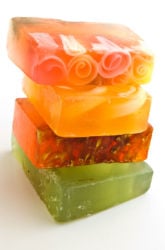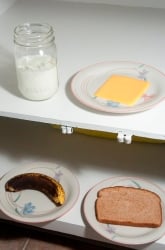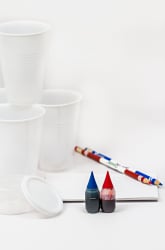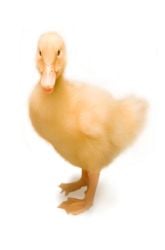2nd Grade Science Projects Activities
About 2nd Grade Science Projects Activities
On Education.com, second-grade science projects explore hands-on experiments that introduce students to fundamental concepts in life, physical, and earth sciences. These fun and educational activities teach kids about plant growth, observe patterns in nature, and experiment with materials to understand scientific principles.
Education.com offers a wide range of resources including printable science worksheets, project guides, lesson plans, and interactive experiments that make learning engaging. Educators and parents can access ready-to-use materials that support curriculum objectives while encouraging curiosity and critical thinking in young learners.
This materials provides simple, safe, and age-appropriate science activities for 2nd grade students, helping them explore concepts like density, energy, and ecosystems while building observation, experimentation, and reasoning skills.
Education.com offers a wide range of resources including printable science worksheets, project guides, lesson plans, and interactive experiments that make learning engaging. Educators and parents can access ready-to-use materials that support curriculum objectives while encouraging curiosity and critical thinking in young learners.
This materials provides simple, safe, and age-appropriate science activities for 2nd grade students, helping them explore concepts like density, energy, and ecosystems while building observation, experimentation, and reasoning skills.

























































